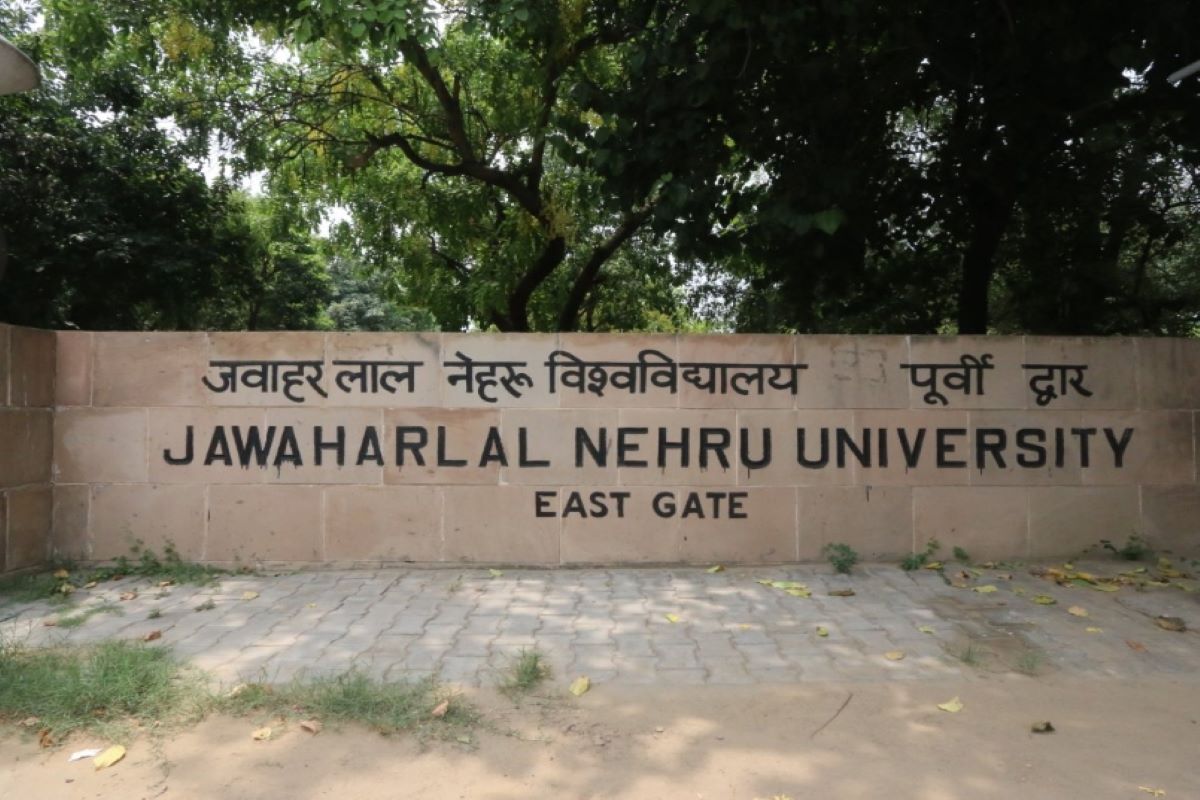In wake of illegal migration of Rohingyas from Myanmar, the Jawaharlal Nehru Univ has published a report titled, “Illegal immigrants to Delhi: Analysing Socio-economic and Political Consequences”, under guidance of Professor Manuradha Chaudhary and Professor Preeti D Das.
The report elaborates on the role of such immigration in changing city’s demography and undermining of democratic process.
Advertisement
After the report was published, BJP National Spokesperson, in a press conference alleged, “This report states that there has been a notable increase of Muslim population because of illegal migration from Bangladesh and Myanmar.
“The report says that political patronage plays a crucial role in allowing a steady influx of undocumented Rohingyas and Bangladeshis. AAP has a crucial role in this and also talks about how these political parties are facilitating fake voter registration for the migrants.”
The report, accessed by The Statesman read that political discourse surrounding illegal immigration is particularly intense during election cycles in Delhi, with political parties attempting to use the issue to secure votes. “In areas where significant populations of immigrants reside, parties often promise enhanced services and greater protection for these communities, aiming to win favour among immigrant voters,” it read.
Conversely, other political factions advocate for stricter immigration controls, framing the issue as one of national security and economic protectionism. The notion that illegal immigrants may serve as a key voting bloc has spurred considerable debate, with allegations that certain political figures may disregard their illegal status in exchange for electoral support, it added.
The report also talked about the role of parties, leaders, particularly those confined to Delhi in helping the immigrants to obtain forged documents in order to secure a vote bank to win elections and neglecting the issue of national security and rights of the marginalized communities.
“For instance, local politicians in some constituencies have been accused of actively courting illegal immigrants, particularly in areas where there is a high concentration of poor and displaced populations. They are often seen as attempting to gain electoral advantage by fostering loyalty among these communities, even though their status is largely undocumented,” it read.
It also talked about the stand of various political parties on the issue of migration and its consequences on Delhi. “Nationalist political parties, especially those with a more nationalist stance on national security, have been vocal in advocating for stricter border controls and deportation measures for illegal immigrants and according to these parties, undocumented migrants, particularly from Bangladesh, are a significant burden on India’s economy and security.”
However, alternative political groups, particularly those with more liberal or left leaning ideologies, contend that immigrants, even if undocumented, should be treated with dignity and respect. They argue that many of these immigrants are fleeing violence, political instability, and extreme poverty, conditions that push them to seek refuge in neighbouring India, it stated.
The report described the role of informal networks in migration. “Migrants often rely on brokers, agents, and religious preachers for housing and jobs,” it said. These networks help produce fraudulent documents in exchange for money, allowing migrants to access services and employment. It warned that such practices contribute to slum proliferation and increased pressure on infrastructure.
According to the report, the debate over subsidies for refugees, including the Rohingyas, has been a point of contention in Delhi. Critics of the Delhi government, as per the report, argued that providing healthcare, housing, and education could encourage more migration and add pressure to the city’s infrastructure. They claimed that such measures may lead to an increase in undocumented migrants, creating further challenges for authorities, the report noted.
In conclusion, the report emphasised on the need for targeted welfare programs to support marginalised migrants and promote social integration. Legal reforms, such as streamlining documentation processes and ensuring the humane treatment of religiously persecuted refugees like Hindu refugees, are essential for balancing security concerns with humanitarian considerations.
The report calls for a multi-faceted approach combining robust governance, community engagement, and regional cooperation for effective and sustainable migration management.











